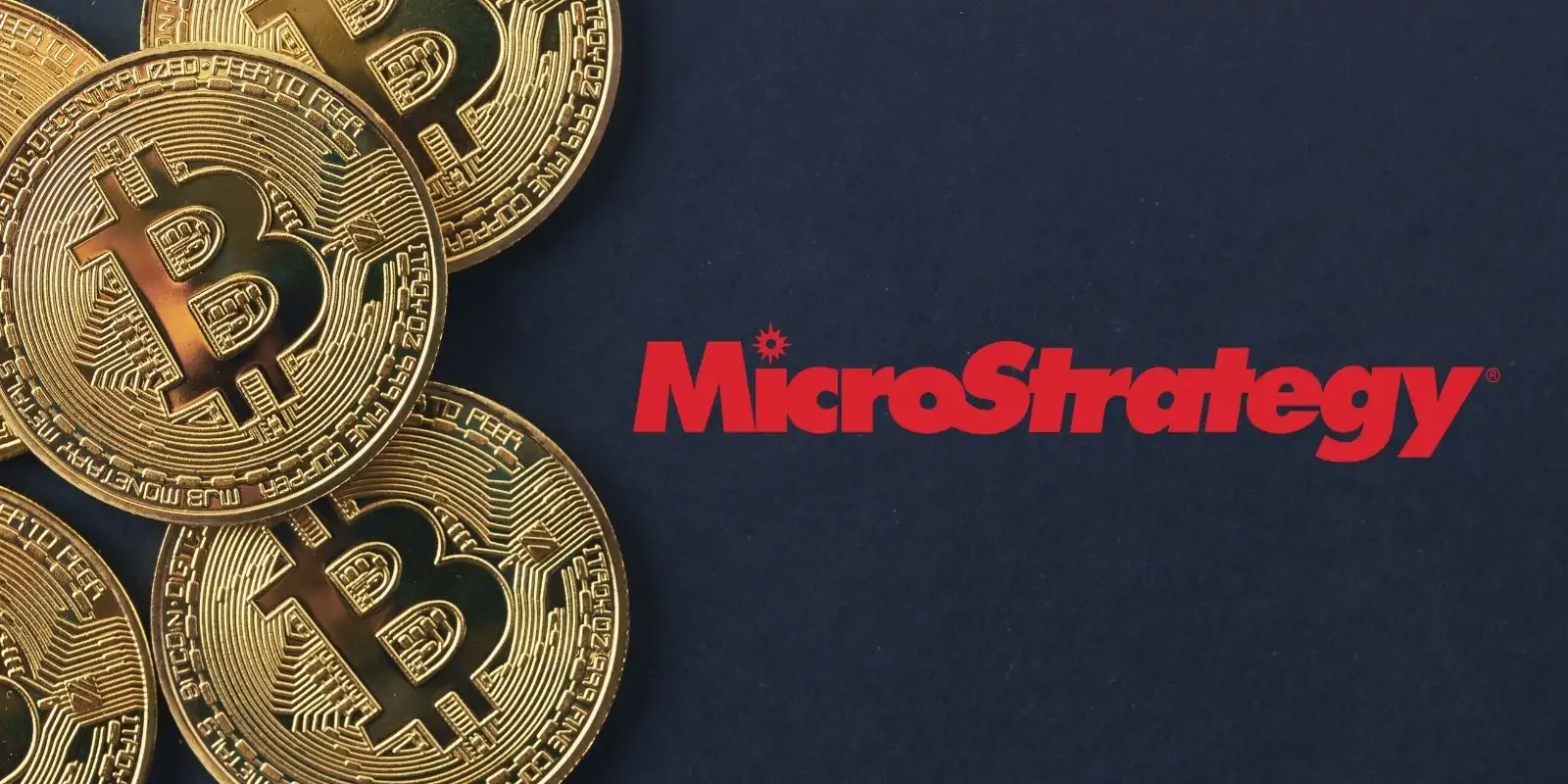Image source: Getty Images
It’s now just under a month until the UK general election. The period just after the election can be key for the stock market, depending on the new actions of the Government and the impact it has on businesses. So looking back at the last general election in 2019, I want to consider how my portfolio would have performed if I put £1k in FTSE 100 stocks back then.
Looking back
The previous election was in the middle of December in 2019. I’m going to assume that I bought a FTSE 100 tracker the following morning with my money. It opened at 7,273 points, and jumped 1.1% that day to close at 7,353 points.
At the moment the index is at 8,286 points. This marks a 13.9% increase over the course of about four and a half years. This doesn’t include the dividends along the way. With the current dividend yield of 3.57%, it’s clear that this would have topped up my profits.
When I sit back and just look at the pure index movements, my £1,000 would now be worth £1,139. All profit is good profit, but it’s not a huge rally over that time period.
For example, there are a whopping 40 stocks in the FTSE 100 that are up more than 13.9% over just the past year. So if I had been more active in my selection instead of buying the index tracker, I think I could have achieved a much higher rate of return.
Thoughts on July
Assuming we don’t get a hung Parliament, the immediate focus after the coming election will turn to economic policies. Any potential help for the property sector, investment into renewable energy, and other similar things should help to lift the shares in those sectors.
For example, I’m keeping an eye on Rightmove (LSE:RMV). The property marketplace portal has seen its share price rise by 6% over the past year.
Part of the election is being focused on how homebuilding targets have been missed and homeownership rates have stalled. Further, long-term housing reform bills have struggled to be passed in recent years. Yet if a party gets a clear majority and there’s a big push on this sector, I think Rightmove could outperform.
Policies to build more homes will filter down to more listings on the portal and ultimately more revenue from fees. Measures to tackle the rental market could also see more new tenants come on the market, further boosting demand that Rightmove can facilitate.
As a risk, there’s no guarantee that after the election these promises will be kept. Therefore, the stock price might struggle to hold onto any election gains if nothing actually comes to fruition on this front from the Government.
Getting the bigger picture
I’d prefer to buy stocks after the election in the areas that are going to receive a boost, rather than buy an index tracker. Of course, the risk is that I underperform the market via my stock picks. By owning the index, I wouldn’t have this concern.
Past performance doesn’t guarantee future returns, but, in my view, being an active investor would serve me better than being passive!
Credit: Source link














